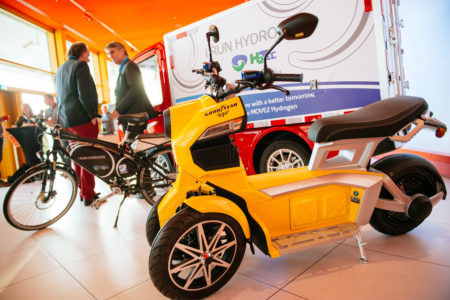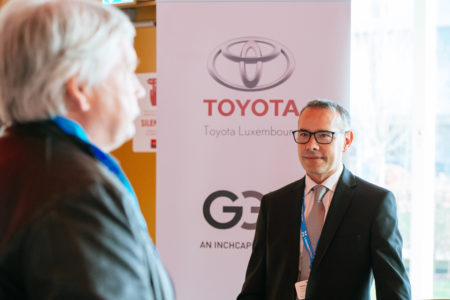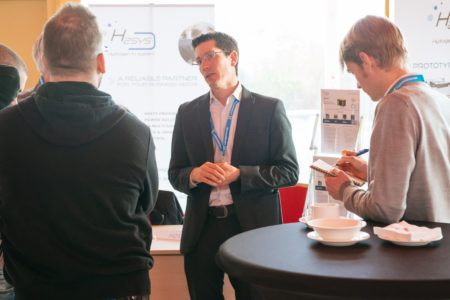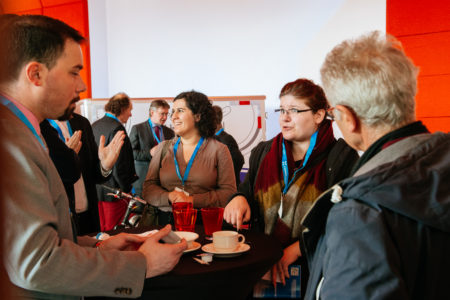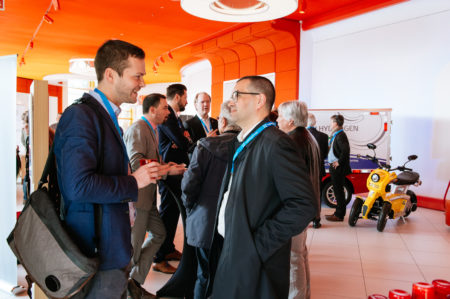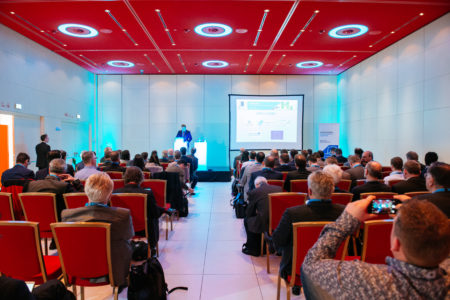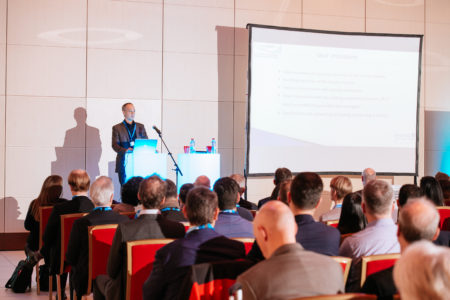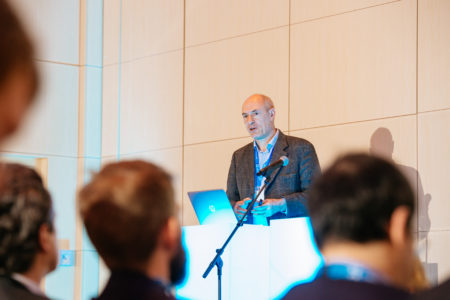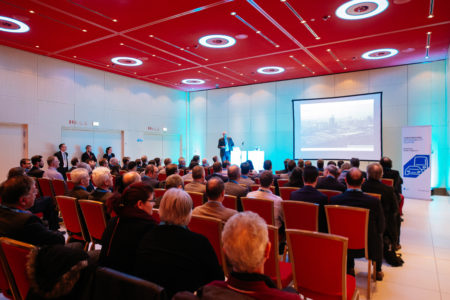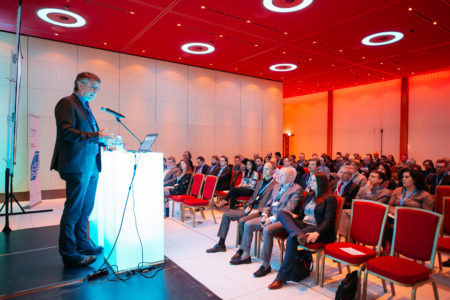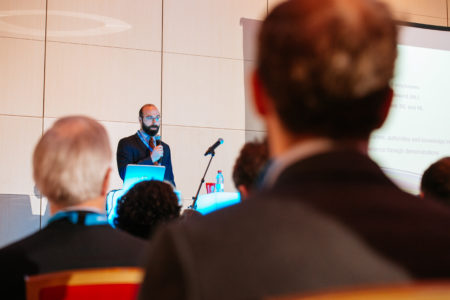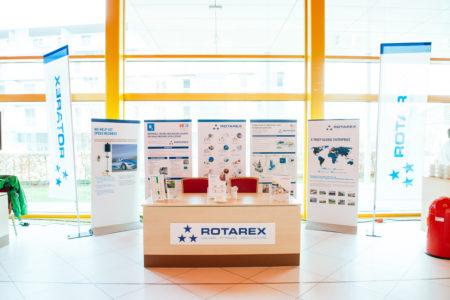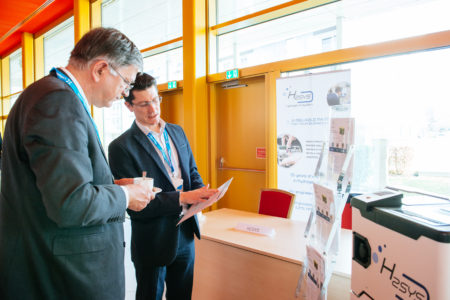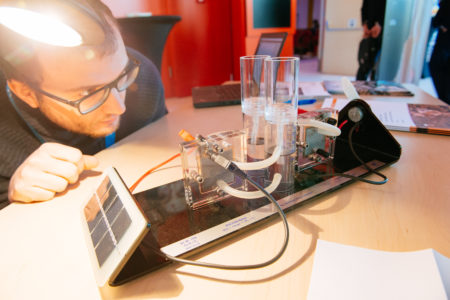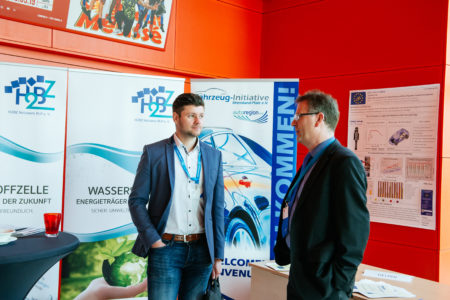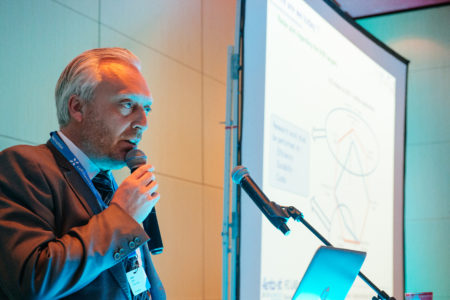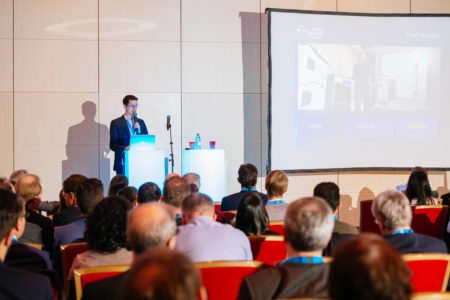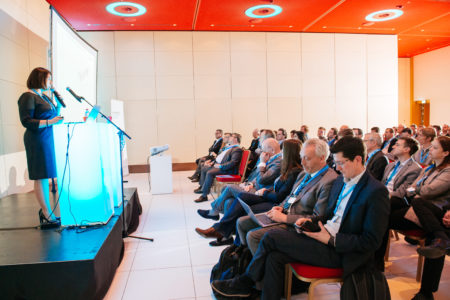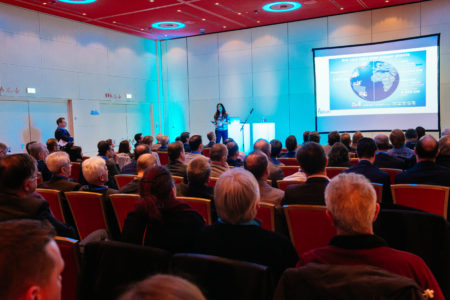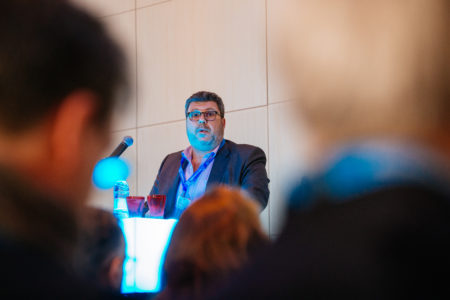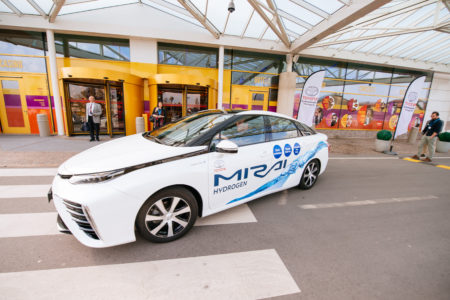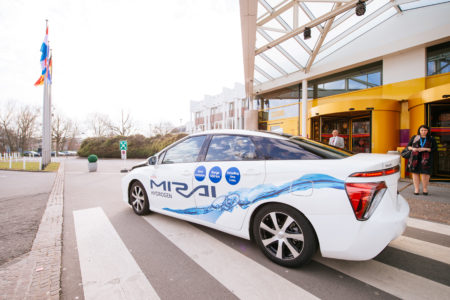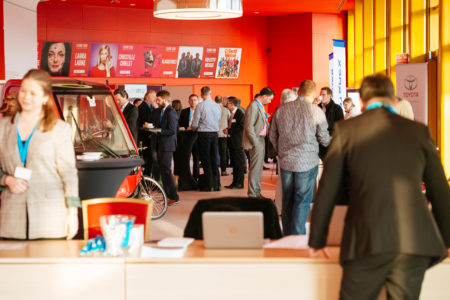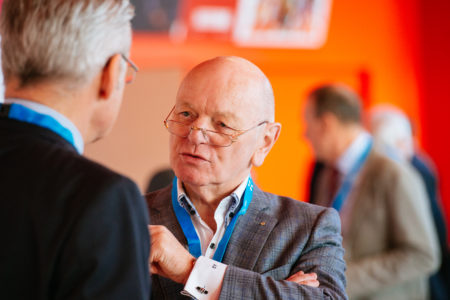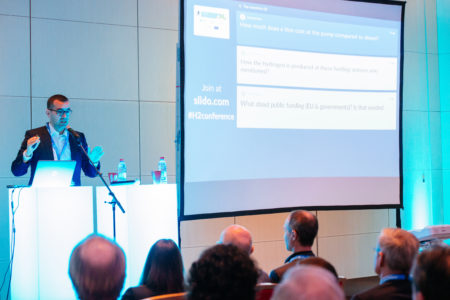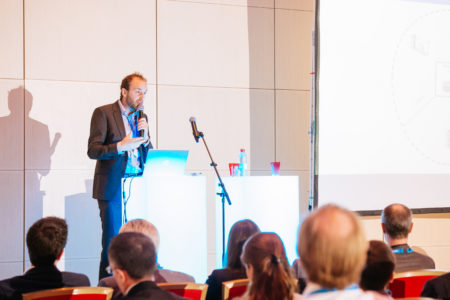Is a technology that is nearly 200 years old about to revolutionise transport? At a time when clean mobility has become a crucial economic and social issue for our societies, hydrogen offers an attractive alternative to current fuels, as well as batteries.
United by the Luxembourg AutoMobility Cluster, industrialists and academics from all over Europe shared their latest progress in this field at the conference “Hydrogen: hype or real business opportunities?”, held on Thursday 21st February at Casino 2000 in Mondorf-les-Bains.
One of the conclusions of the presentations was that the technologies that can harness the benefits of hydrogen have reached a sufficient stage of maturity to allow this fuel to rapidly gain market acceptance. However, to be more precise, what does this all mean?
High energy density
Hydrogen is a gas capable of storing electrical energy and has a higher energy density than fossil fuels or rare metals used for batteries. In other words, a kilogramme of hydrogen contains twice as much energy as the equivalent of one kilogramme of gasoline and more than 1,000 times more than in a one-kilogramme electric battery.
Another advantage of hydrogen is that after its combustion, it only releases water and therefore neither carbon dioxide nor fine particles. Finally, as a gas, it can be stored in a tank and it takes less than five minutes to fill up, compared to more than ten minutes when recharging the batteries of an electric car.
Hydrogen is therefore able to offer much greater autonomy than electric batteries, without the disadvantage of the weight and storage of the latter inside the vehicle. Obviously an attractive solution for the automotive industry.
A network of stations still in the early days
“In recent years, we have moved from a logic of supply to a logic of demand around hydrogen,” explains Professor Daniel Hissel, Director of the FC Lab in Belfort. “Our laboratory is the largest public research structure in this field in the European Union and we work with the main European manufacturers and equipment manufacturers.”
However, the development of hydrogen does not mean the death of electric batteries. On the contrary. These are two perfectly complementary technologies according to the specialists. “Batteries remain very interesting for short distances, especially in cities, and they have the advantage of being able to recover the energy from braking, which hydrogen cannot do.” Daniel Hissel argues.
However, where can we fill up? There are currently 152 hydrogen stations in Europe, spread over 14 countries. Another 45 are expected to be installed by 2022 as part of the H2ME project, led by an association of public and private partners and partly funded by the European Union. “This is not a hype, but a reality that is well established,” says Hechem Nadjar, an alternative energy specialist for the Shell oil company, who strongly believes in the development of hydrogen. He added: “The network will grow rapidly in Europe.”
Fossil fuels still involved
The automotive industry is looking forward to accelerating the commercialisation of new electric models using a fuel cell, the element needed to transform hydrogen into electrical energy. Currently, three manufacturers offer this type of vehicle: Toyota, Honda and Hyundai. European manufacturers are expected to start work soon, while smaller players are also looking to position themselves.
Luxembourg company Move2 proposes to adapt hydrogen kits to small electric vehicles, such as urban commercial vehicles. “The advantage of our solution is that it does not require the development of a new vehicle, but adapts to the existing structure and can be functional immediately,” notes Jean-Luc Hannosset of Moxhe, Move2’s CEO. “No additional approvals are required.”
At present, the energy from renewable sources produced in France would be enough to run 20% of the French car fleet on hydrogen.
The company has developed a kit for the Sevic 500 model, from the manufacturer Cenntro. “For us, working with this type of partner is a big bonus, because all cities want to have these small electric vehicles. However, hydrogen significantly improves their performance compared to batteries,” adds the company manager. “To compensate for the lack of hydrogen charging sites, we have developed a mobile station that we will soon commercialise.”
The only downside in the idyllic picture of hydrogen is that currently, 95% of its production comes from fossil fuels and therefore emits greenhouse gases. The challenge is to reverse this proportion to produce 100% clean hydrogen. “Today, the energy from renewable sources produced in France would be enough to run 20% of the car fleet on hydrogen,” concludes Professor Daniel Hissel.
Photo Credit @ Marie De Decker


